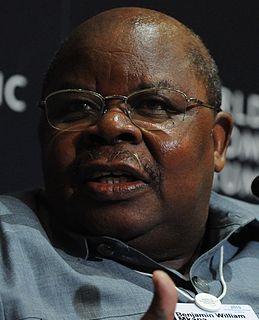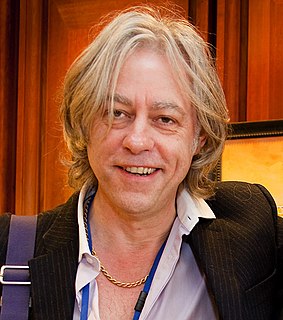A Quote by Seneca the Younger
It is not poverty that we praise, it is the man whom poverty cannot humble or bend.
Related Quotes
Seek the simplest in all things, in food, clothing, without being ashamed of poverty. For a great part of the world lives in poverty. Do not say, "I am the son of a rich man. It is shameful for me to be in poverty." Christ, your Heavenly Father, Who gave birth to you in the baptistery, is not in worldly riches. Rather he walked in poverty and had nowhere to lay His head.
Poverty is a strange and elusive thing. ... I condemn poverty and I advocate it; poverty is simple and complex at once; it is a social phenomenon and a personal matter. Poverty is an elusive thing, and a paradoxical one. We need always to be thinking and writing about it, for if we are not among its victims its reality fades from us. We must talk about poverty because people insulated by their own comfort lose sight of it.
We're looking at the singular condition of poverty. All the other individual problems spring from that condition... doesn't matter if it's death, aid, trade, AIDS, famine, instability, governance, corruption or war. All of that is poverty. Our problem is that everybody tries to heal each of the individual aspects of poverty, not poverty itself.
Capitalism with near-full employment was an impressive spectacle. But a growth in wealth is not at all the same thing as reducing poverty. A universal paean was raised in praise of growth. Growth was going to solve all problems. No need to bother about poverty. Growth will lift up the bottom and poverty will disappear without any need to pay attention to it. The economists, who should have known better, fell in with the same cry.
It is true that so far as wealth gives time for ideal ends and exercise to ideal energies, wealth is better than poverty and ought to be chosen. But wealth does this in only a portion of the actual cases. Elsewhere the desire to gain wealth and the fear to lose it are our chief breeders of cowardice and propagators of corruption. There must be thousands of conjunctures in which a wealth-bound man must be a slave, whilst a man for whom poverty has no terrors becomes a freeman.







































